Federal lawyers prosecuting Michael Cohen in the Southern District of New York have dropped a bombshell in a memorandum they filed with the court this past Friday — accusing President Trump of campaign finance crimes.
Cohen was Donald Trump’s personal lawyer. During Trump’s campaign, Cohen paid off two women to remain quiet about disgraceful stories of Donald Trump. Cohen acted to silence the two women by buying rights to their stories on behalf of his client, Cohen explained during his guilty plea. The purpose of the hush-buys, according to prosecutors referencing Cohen’s statements, was “to prevent the story from influencing the election.” The money for these hush-buys came from Trump’s corporation. Federal prosecutors titled this activity “Illegal Campaign Contributions.”
Was this activity, in fact, illegal? Were these hush-buys a type of campaign contribution?
Expert campaign finance law attorney Dan Backer, who beat the federal government in a landmark Supreme Court case, is not impressed with the DOJ’s assertions of illegality. First of all, he explains, there is no evidence to corroborate this assertion.
Michael Cohen asserts that the purpose of the expenditure was “to prevent the story from influencing the election.” But Donald Trump has done this for years, having paid off individuals to stay quiet about potentially damaging stories throughout his career. "Trump" is a brand, after all. To protect the reputation of the brand, Trump participated in hush-buys before the election and likely will continue to do so after he completes his term. He’s not the only brand to do so.
Recommended
Many companies and individuals concerned with their reputations engage in such business dealings to protect their name, their brand, their image. Small businesses across America will provide complete refunds to dissatisfied customers, for example, to prevent bad reviews, sometimes offering additional money on top of a refund in exchange for a customer agreeing to remove a bad review.
Is such activity a campaign contribution? No, Backer answers, “brand protection is not a campaign contribution.” The hush-buys were done to protect Trump as a corporate brand, not to protect him as a candidate. No evidence was presented by the federal prosecutors explaining how a lawful business deal was converted into an illegal campaign finance contribution. "The notion that every penny a candidate personally or professionally spends is somehow reportable to the FEC is utter nonsense." Backer further explains that a campaign finance crime is "not a question of speculation, it’s a matter of proof, and there isn’t any [in this case]."
Moreover, Backer is suspicious of Cohen’s intentions. Cohen is a “disgraced turncoat lawyer who violated the most sacred precept of an attorney,” Backer exclaimed. He is referencing Cohen violating the quintessential trust that an attorney promises to his client upon accepting payment for services, the attorney-client privilege, to protect his own interests while simultaneously throwing his client under the bus. “What kind of a lawyer would tape a client,” Trump famously once asked.
“Nothing new was presented in Cohen's sentencing memorandum, no new facts. Everything Cohen stated we knew months ago when Cohen plead guilty to save himself,” Backer stated. The only new assertion is a statement of intent that Cohen added after he plead guilty and was under an agreement with the prosecutor to cooperate.
Can the statement be true? Can we trust Cohen?
Well, the remainder of the sentencing memorandum accuses Cohen of lying, evasion, and fabrication. Cohen’s public treatment of Trump was a violation of his client’s confidentiality and trust. So what possible basis do we, as the public, have in trusting this man? Why would we believe him now, when his only motivation is to reduce the duration of his prison sentence?
After all, cooperation with the government and providing salient information to the government results in a recommendation for a reduced sentence, as we have seen in Michael Flynn’s case. In the sentencing memo for Flynn, Robert Mueller wrote that Flynn’s cooperation was “substantial,” and asked for “a sentence at the low end of the guideline range—including a sentence that does not impose a term of incarceration,” arguing on behalf of Flynn that such a break is “appropriate and warranted.” Certainly, Cohen was primarily motivated by hopes for the same type of leniency.
Cohen is a traitor to his client. Cohen was successfully prosecuted for tax evasion and lying to Congress. Any statements he makes on a wing and a prayer for a shorter prison stay is inherently untrustworthy. Backer agrees, “Cohen is just trying to save his own skin.”
DOJ prosecutors have wrongfully accused President Trump of campaign finance crimes.


















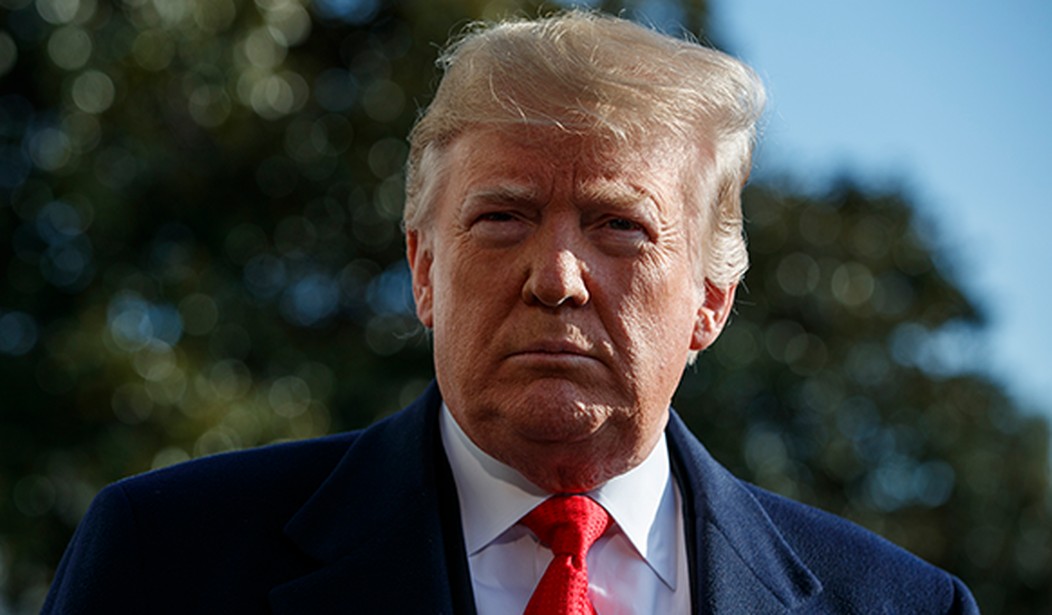
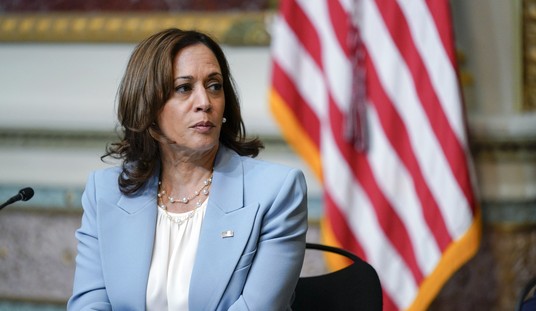
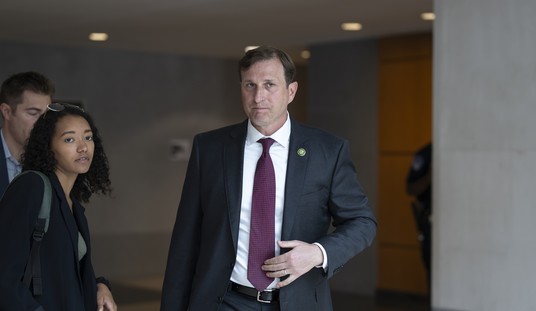
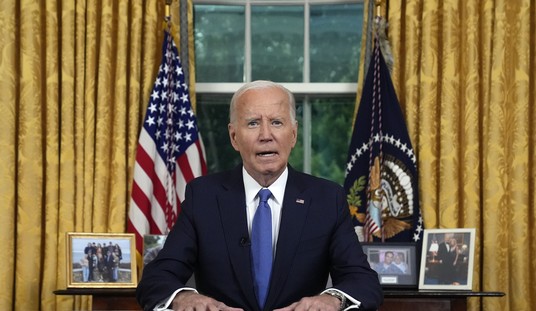
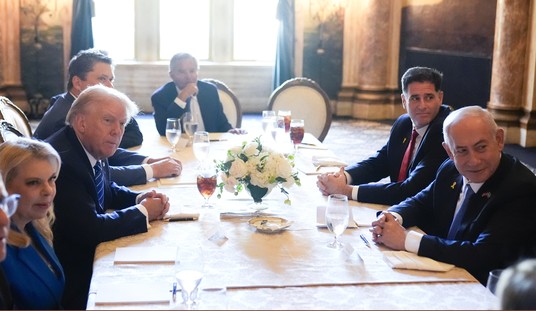
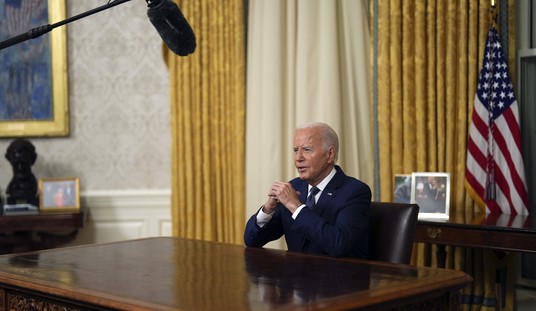
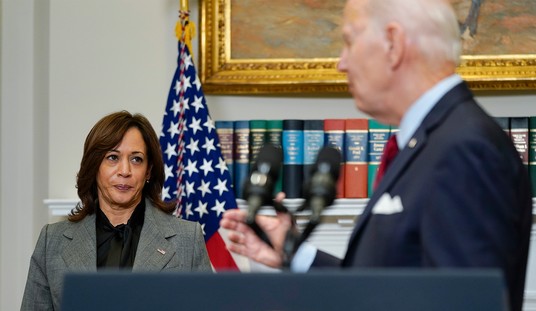
Join the conversation as a VIP Member